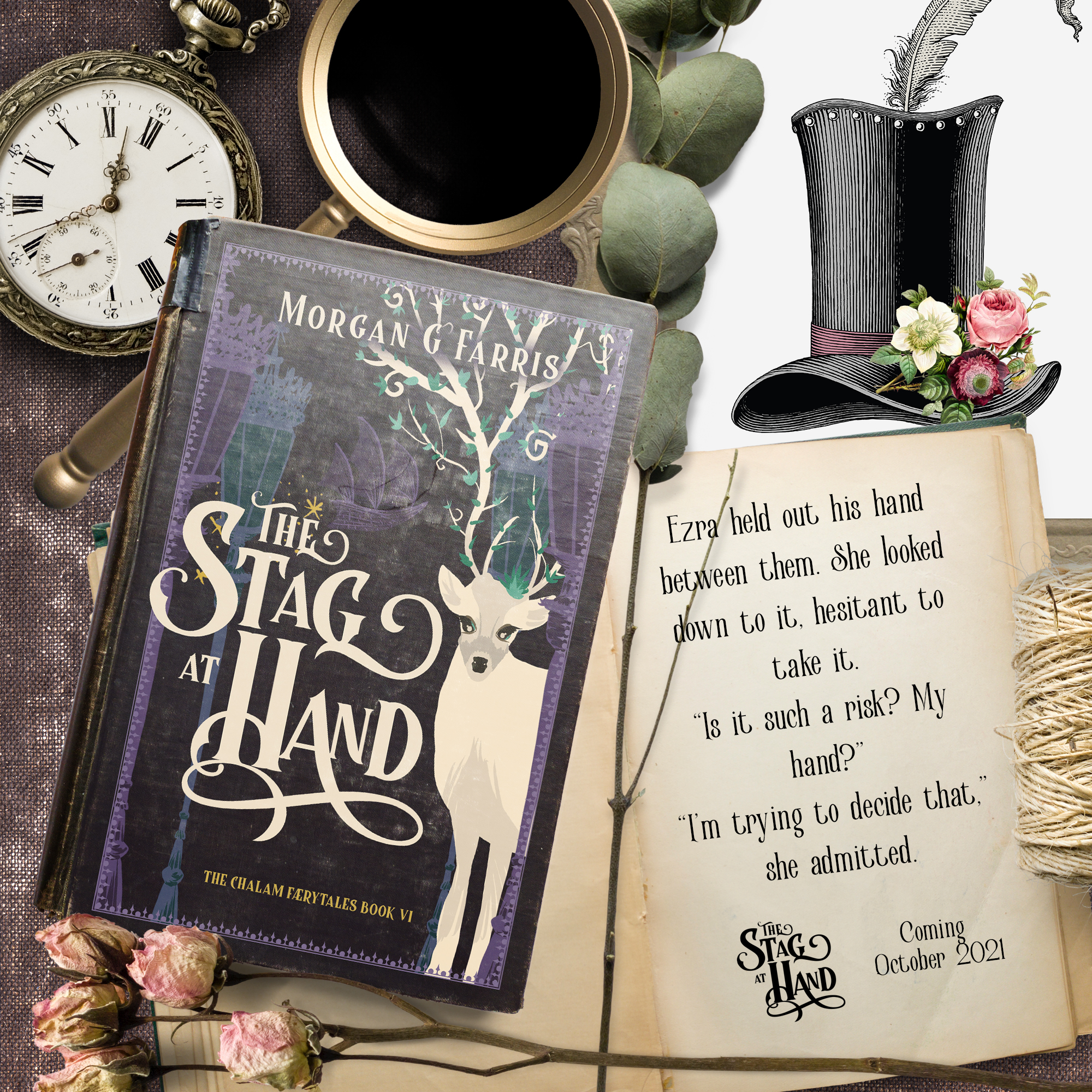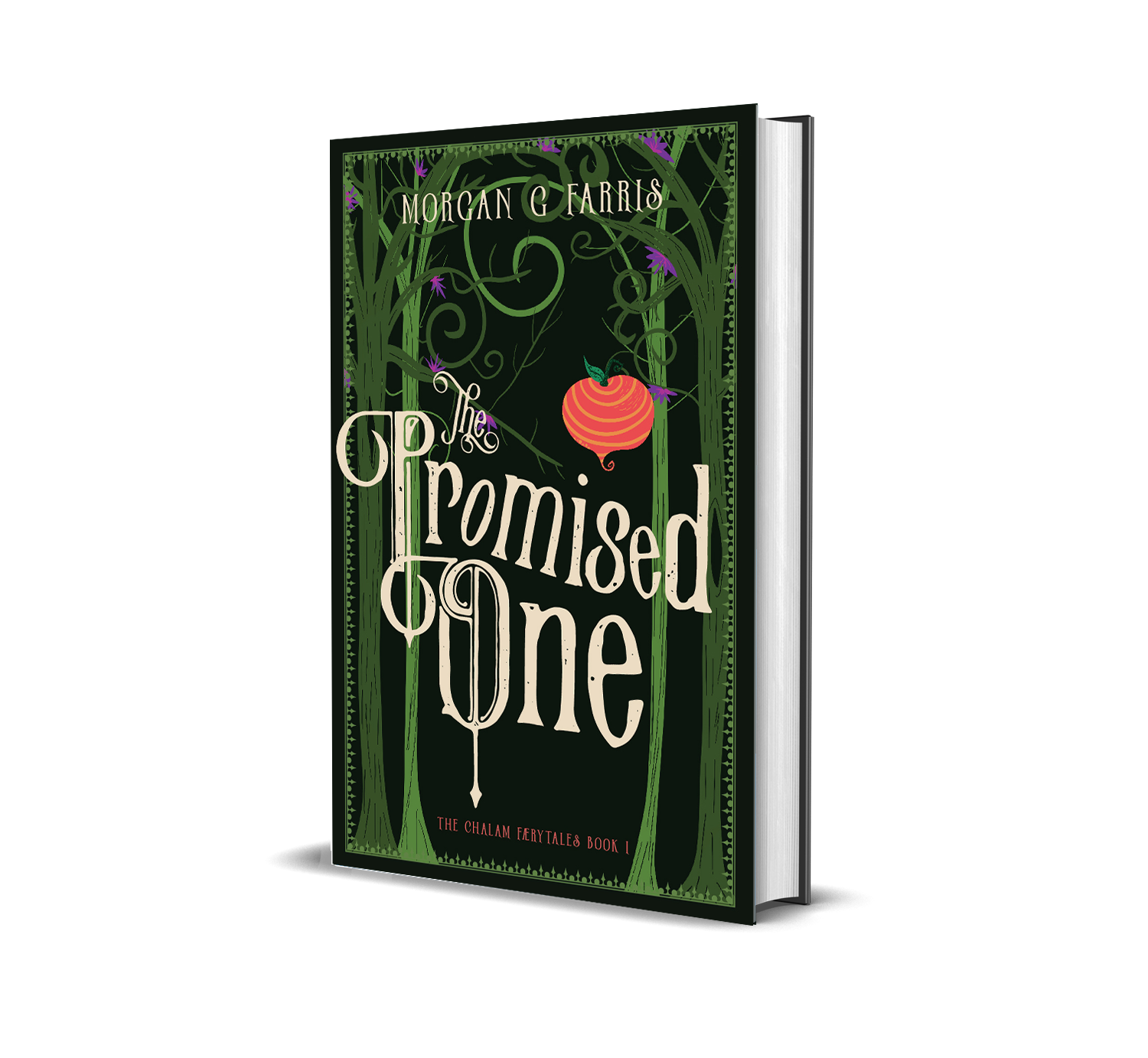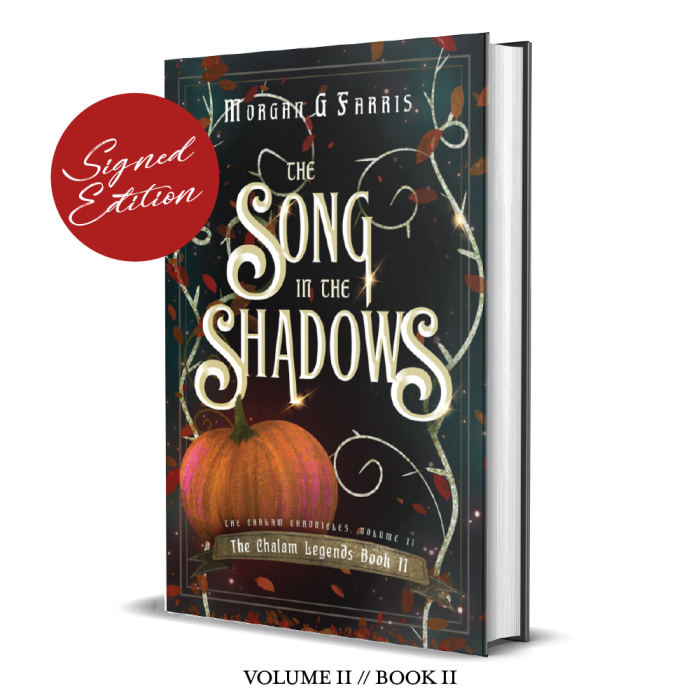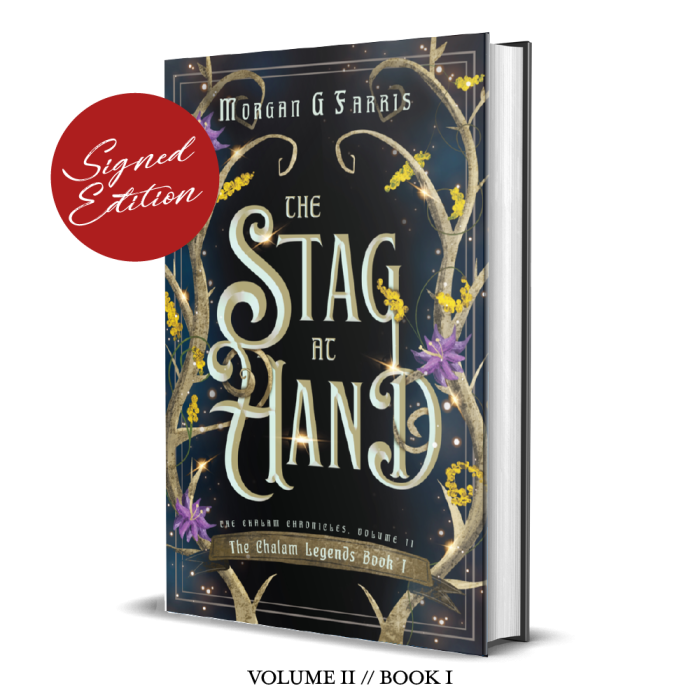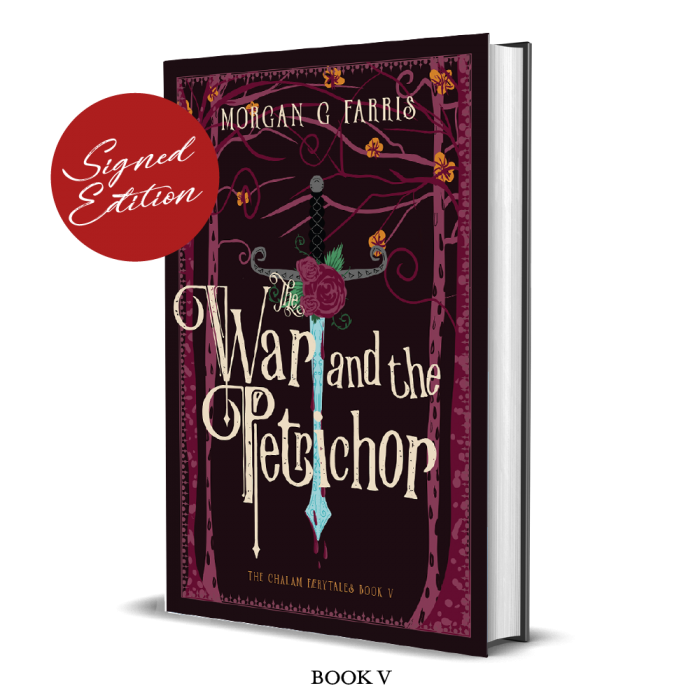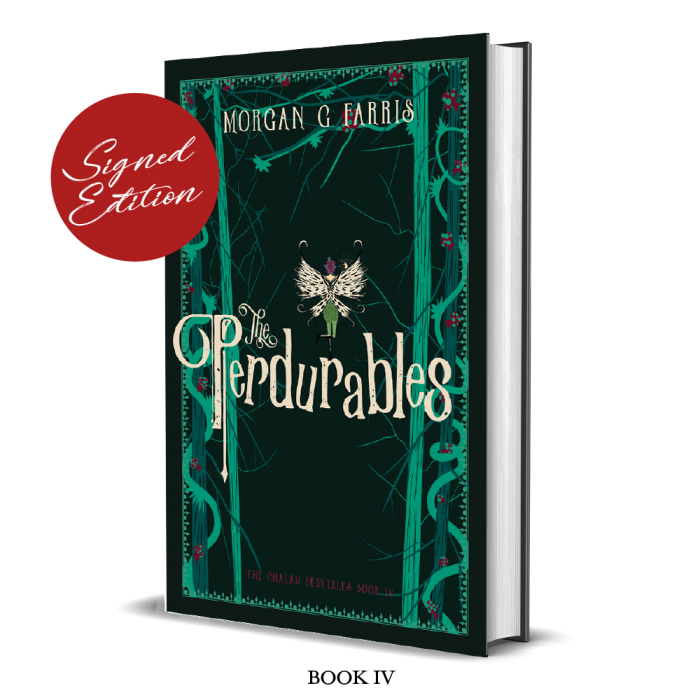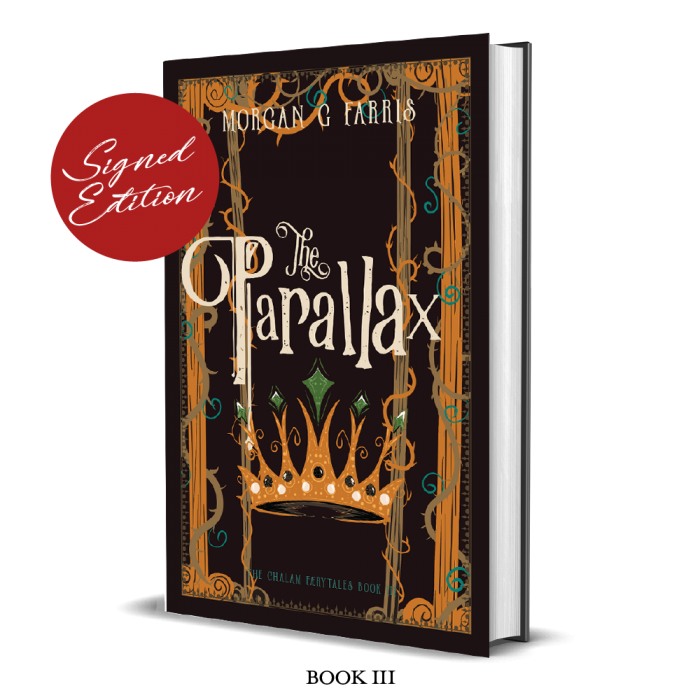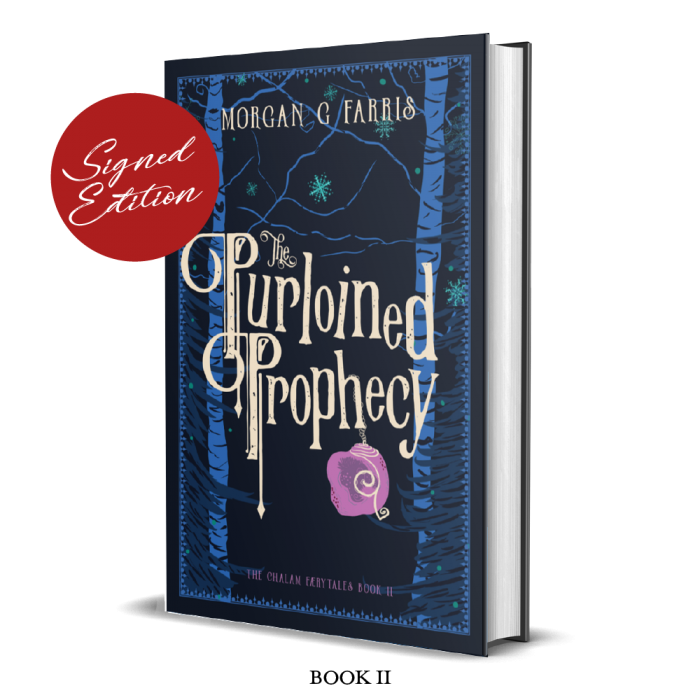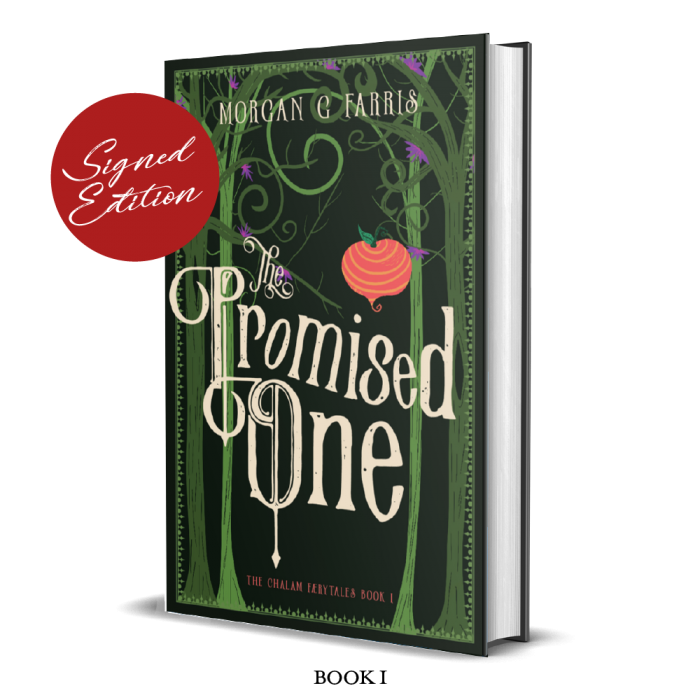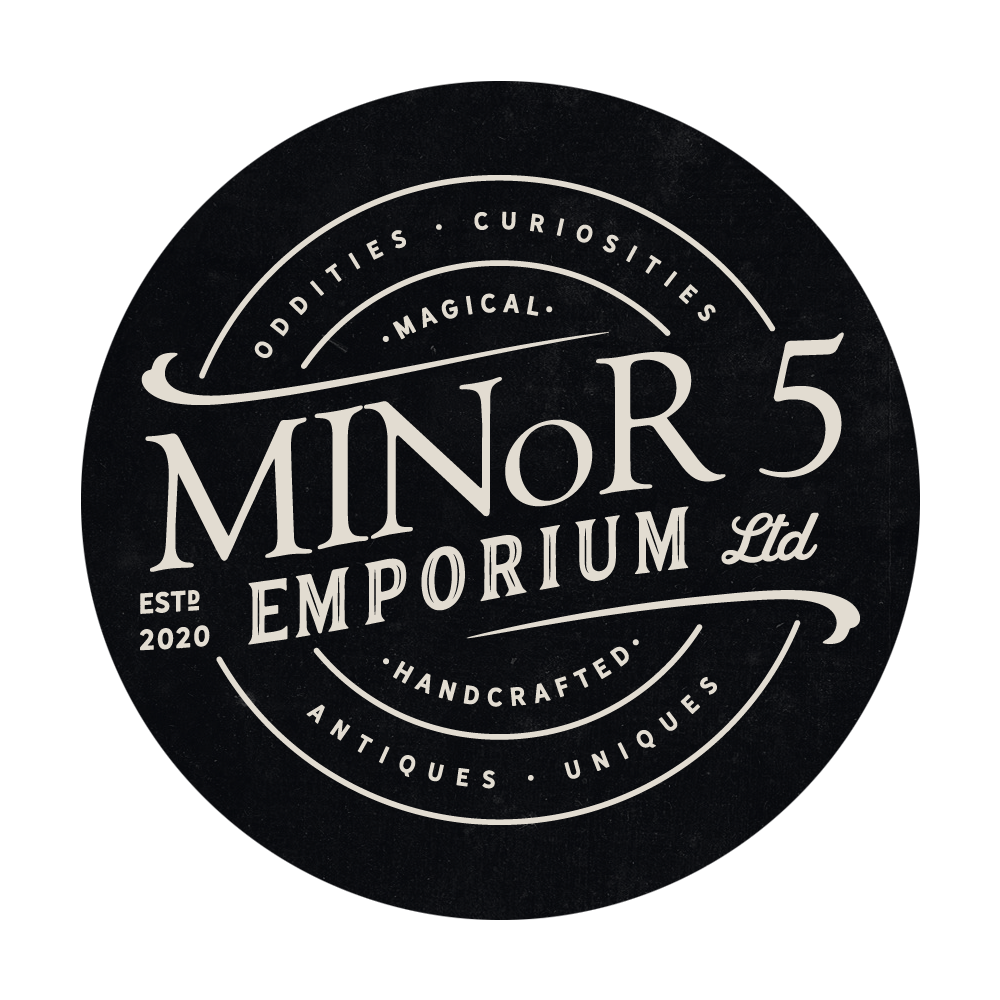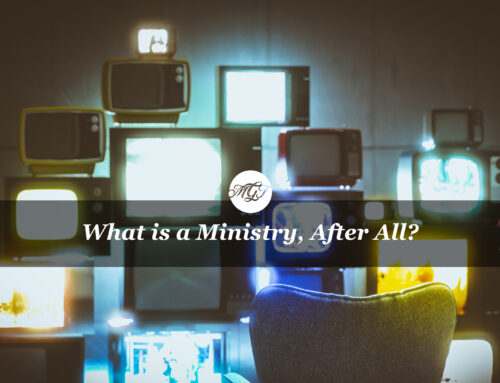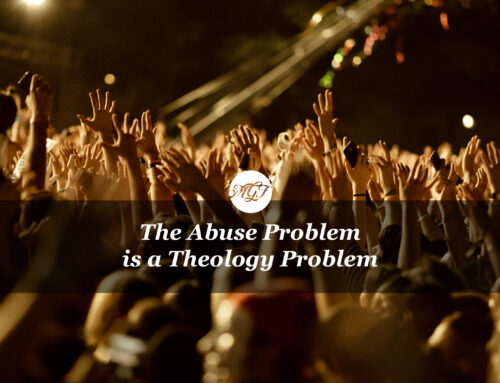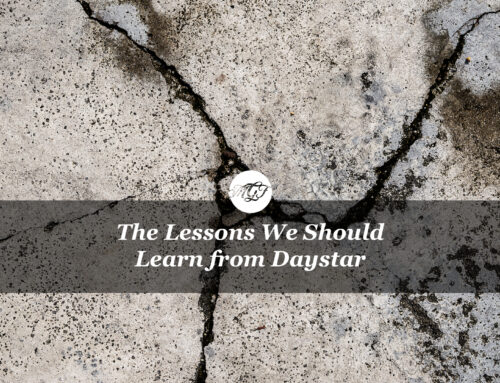I think some of you are going to be a bit taken aback by this next book.
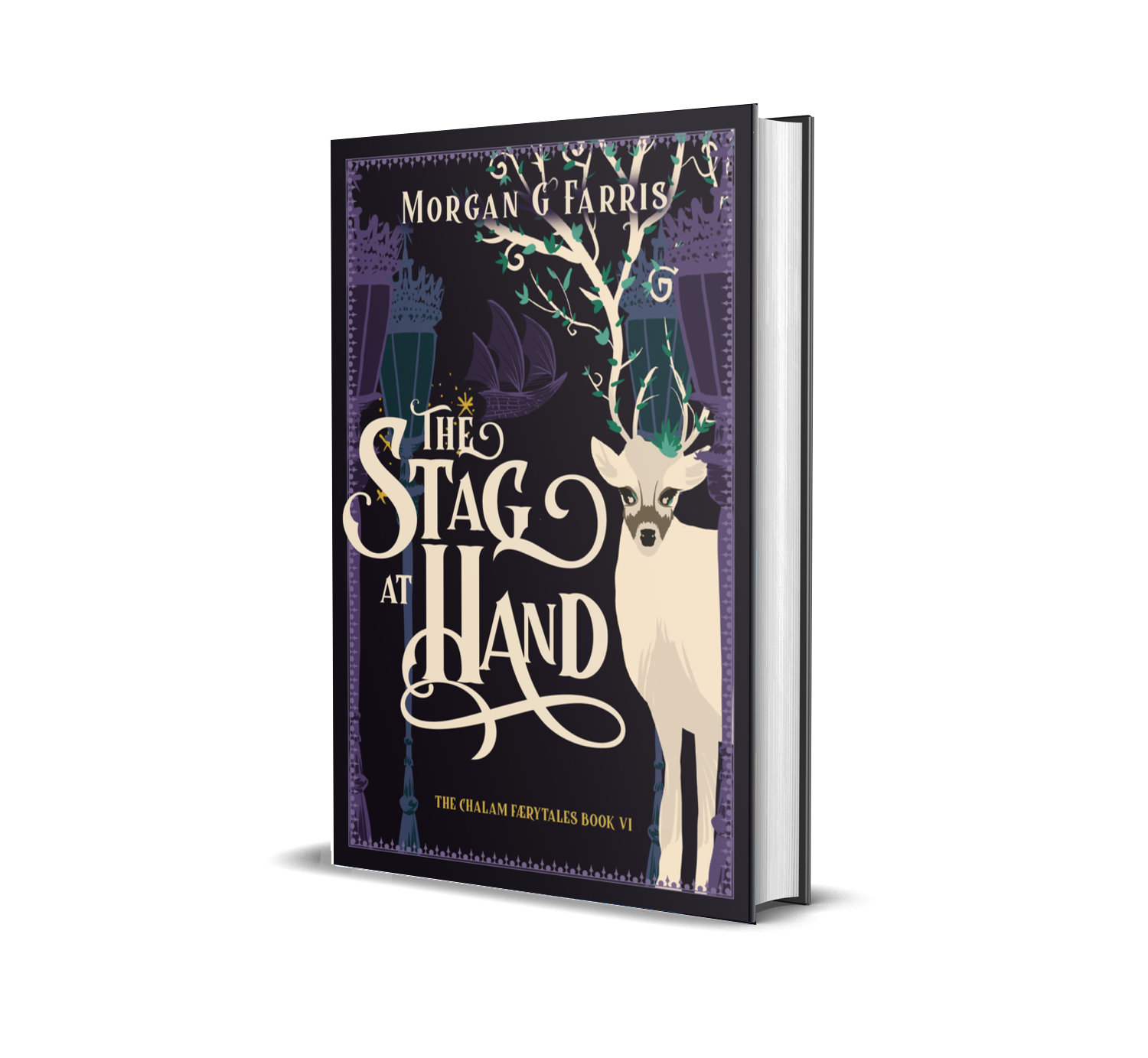 There are reasons for that, namely that the content is a lot darker, the subject matter is a lot heavier, and the imagery is a bit bleaker. No, I’m not going through an existential crisis that I projected onto these pages. The truth is, I pushed myself to write something more honest than I’ve ever written. I took off some of the dampers I had self-inflicted and allowed myself to explore some of the darkest themes I have personally faced. Abuse. Neglect. Fear.
There are reasons for that, namely that the content is a lot darker, the subject matter is a lot heavier, and the imagery is a bit bleaker. No, I’m not going through an existential crisis that I projected onto these pages. The truth is, I pushed myself to write something more honest than I’ve ever written. I took off some of the dampers I had self-inflicted and allowed myself to explore some of the darkest themes I have personally faced. Abuse. Neglect. Fear.
Why, you ask?
Well, that’s a complex answer. The reasons are multi-faceted, but I’ll try to explain.
This book (The Stag at Hand, The Chalam Færytales, Book VI) is a retelling of the story of Hosea and Gomer from the book of Hosea. If you haven’t read it, in a nutshell: Hosea (a prophet) hears a word from the Lord to go and seek out Gomer, a prostitute, and marry her. In this, he will be a symbol to the people of Israel that God had forgiven them for their trespasses. Needless to say, Gomer is not exactly the model wife. She sleeps with several men even after they’re married, and conceives their children. But Hosea stays with her, despite the pain she surely inflicts. He is obedient because he knows what God is up to and because he knows he can trust despite circumstance.
The story of Hosea and Gomer is an allegory of Christ. God was showing his people that his love would not fail them. It was a foreshadowing of the Christ who would come, who would love despite our many dalliances and failures, and who would take us back every time.
The story wrecks me every time I think about it. So I had to include it in my books.
But…
When I really began to unpack what it might be like for Gomer, I realized that this book would get dark. Fast. The themes would not be quite as light-hearted færytale as my previous books. And I had to ask myself if I was willing to explore that darkness with stark honesty.
When I realized the answer was yes, I set about writing.
She is frightened by what has happened and ashamed of who she thinks she has become. She is deep in a well of darkness and she does not know how to find her way out. So you climb down there with her. You climb into that darkness and you take her by the hand and you climb—claw your way out if you must. But you do it together. The only way either of you will heal from this is together.
I’ve considered sharing some of the darker moments from this book, just to give you an idea (or perhaps a fair warning). But the truth is, out of context, they’re too much. Even in context, some of the scenes are incredibly hard for me to read. I know they will be for you, too. And I am both sorry for that and unapologetic at the same time.
Someone needed to say it, I think.
He bent, grabbing Miri by the hair. Too weak to cry out, she did not protest as he dragged her like a carcass, the carpet burning her skin like fire.
A Question I Often Hear
One question I get asked a lot is if this is Christian fiction. That, too, is a complex answer. Yes, you know if you’ve read these books that they’re unapologetically spiritual. They’re blatant retellings of Bible stories, retellings of iconic moments in the scriptures, and chock-full of undeniably Christian morals.
However… there is nothing about them that would appeal to the Christian market as it stands today. If you’ve read a Christian novel or watched a Christian TV show or movie, you know that the market white-washes reality, waters down real-world topics, and generally avoids anything above a G rating. I did not want to do that. Namely, because I knew that I wanted the liberty to explore some of the darkest human experiences without having to clean it up for the so-called Christian market.
Why? Because life isn’t white-washed. There is nothing G-rated about what we face as humans. And in truth, there is nothing G-rated about the Bible itself. Rape, incest, abuse, murder, prostitution, extortion… the list goes on of reasons why the Bible is about as R-rated as it comes.
So yes, these books are unapologetically pointing to the Creator. But they do not shy away from the fallen brokenness of this world in which we live. And in that honesty, I think we’re able to explore our humanity with transparency. I think we’re closer to having real discussions about the darkness we all face. And maybe, in that honesty, we can all take a step closer to healing and wholeness.
The Point
You’re probably wondering why I’m telling you all of this. The truth is, I want to start a conversation. I know some of you have experienced abuse. Maybe not the violent physical, sexual, and emotional abuse my main character, Miri, faces. But maybe you’ve been hurt by someone you should have been able to trust. Maybe you’ve been hurt by someone in the church. Someone who should have known better.
I have, too.
And I’ve been in that darkness–the darkness from which I did not know how to emerge. In a small way, Miri’s story is my own. In a small way, Miri’s story is all of us.
“I love you, Wildfire. And I know that I’ll love you forever.”
For the first time since they had met, for the first time since the Sheols she had faced at the hand of the priest and at the hand of the ambassador, Ezra knew she believed him. So he clung to her—he clung to that hope, fledgling and delicate and beautiful between them. And he did not let go.
The point of this book–the point of all of these books–is hope. To find it in the darkest night. To cling to it in the fiercest storm. To let it guide us.
I pray, as you continue on this journey with me, that you’ll find that hope, too.
Postscript:
During the writing of this book, this song, Someday Soon by Wilder Woods was on repeat. To me, it is Miri’s story. You should listen to it.
Sometimes the cold wind blows
Sometimes the wolves rush in
Don’t think the battle’s over
Just cause you say, “Amen”

